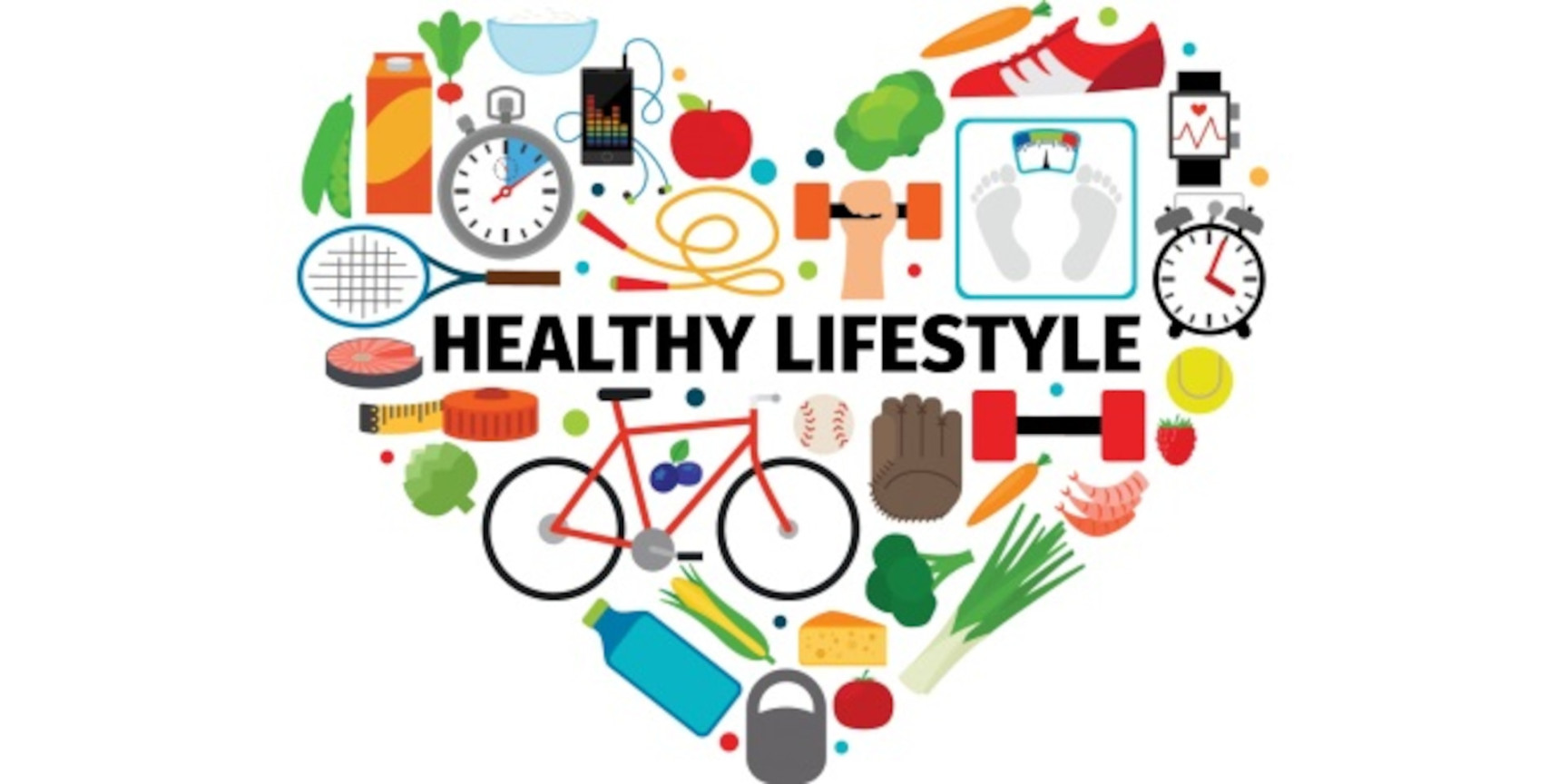Why Plant-Based Protein?
Plant-based proteins offer a myriad of benefits for both your health and the environment. Here’s why:

Nutrient-Dense: Plant-based proteins are packed with essential nutrients like fiber, vitamins, and minerals. They can help lower cholesterol, regulate blood sugar, and support a healthy immune system.
Delicious and Versatile
Contrary to popular belief, plant-based proteins are far from boring. They come in a variety of flavors, textures, and nutritional profiles, making them incredibly versatile in the kitchen.

Legumes
Legumes, such as beans, lentils, and chickpeas, are a staple in many plant-based diets. They are a great source of fiber, protein, and iron. From hearty chili to creamy hummus, the possibilities are endless.
Nuts and Seeds
Nuts and seeds are nutrient-dense snacks that can be easily incorporated into your meals. Almonds, walnuts, chia seeds, and flaxseeds are all excellent sources of protein and healthy fats. Try adding them to smoothies, salads, or oatmeal for a boost of nutrition.
Whole Grains
Whole grains like quinoa, brown rice, and oats are not only high in fiber but also contain a decent amount of protein. They are a satisfying and filling option that can be enjoyed in various dishes, from breakfast bowls to dinner entrees.
Tempeh and Tofu
Tempeh and tofu are two popular plant-based protein alternatives that can be used in a variety of recipes. Tempeh is a fermented soybean product with a slightly nutty flavor, while tofu is a soft, silky curd that can be easily pressed and marinated. Both are excellent sources of protein and can be used in stir-fries, soups, and sandwiches.
Seitan
Seitan is a wheat gluten product that has a chewy texture and a neutral flavor. It is a good source of protein and can be used as a meat substitute in dishes like kebabs, stir-fries, and burgers.
Incorporating Plant-Based Protein into Your Diet
Transitioning to a plant-based diet doesn’t have to be overwhelming. Here are a few tips to get you started:
Start small: Begin by incorporating one or two plant-based protein sources into your meals each day.
By embracing the power of plant-based protein, you can nourish your body, protect the planet, and enjoy a more vibrant, fulfilling life.
Imagine a world where your meals are not just delicious but also a force for good. A world where your food choices can contribute to a healthier planet and a happier you. It’s a world that’s becoming increasingly accessible thanks to the growing popularity of plant-based protein.
Plant-based protein, as the name suggests, comes from plant sources. Unlike animal protein, it’s often lower in saturated fat and cholesterol, making it a healthier choice for your heart. But the benefits don’t stop there.
Environmental Impact
One of the most significant advantages of plant-based protein is its positive impact on the environment. The production of animal protein, particularly beef, is a major contributor to greenhouse gas emissions, deforestation, and water pollution. By choosing plant-based options, you’re helping to reduce your carbon footprint and protect our planet.
Nutritional Benefits
Contrary to what some may believe, plant-based protein is packed with essential nutrients. Legumes, nuts, seeds, and whole grains are all excellent sources of protein, fiber, vitamins, and minerals. These nutrients are crucial for maintaining good health, supporting weight management, and boosting energy levels.
Variety is Key
The beauty of plant-based protein is its versatility. There’s a wide range of options to choose from, ensuring that you never get bored with your meals. Legumes like lentils, chickpeas, and black beans are a great source of protein and fiber. Nuts and seeds, such as almonds, walnuts, chia seeds, and flaxseeds, are packed with healthy fats and essential nutrients. Whole grains like quinoa, brown rice, and oats are also excellent sources of protein and fiber.
Incorporating Plant-Based Protein into Your Diet
There are countless ways to incorporate plant-based protein into your daily meals. Here are a few ideas to get you started:
Breakfast: Start your day with a bowl of oatmeal topped with nuts, seeds, and a scoop of protein powder. Or try a smoothie made with plant-based protein, fruits, and vegetables.
Tips for Success
As you transition to a plant-based diet, it’s important to be patient and persistent. Here are a few tips to help you succeed:
Plan ahead: Take some time to plan your meals and snacks for the week. This will help you make healthier choices and avoid impulsive decisions.
By embracing plant-based protein, you’re not only making a healthier choice for yourself but also contributing to a more sustainable future. So why not give it a try and see the difference it can make in your life?
 Udento Lifestyle & Health
Udento Lifestyle & Health




